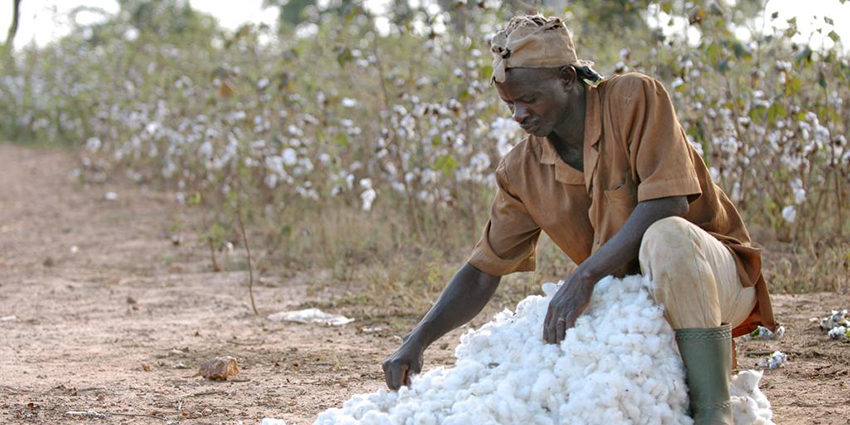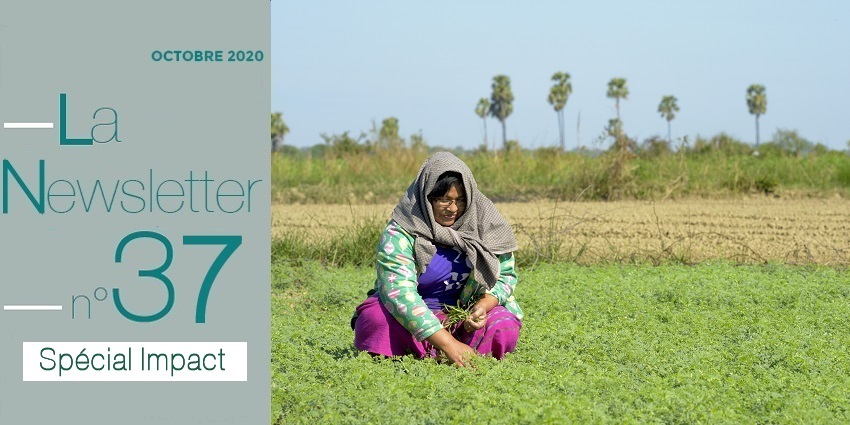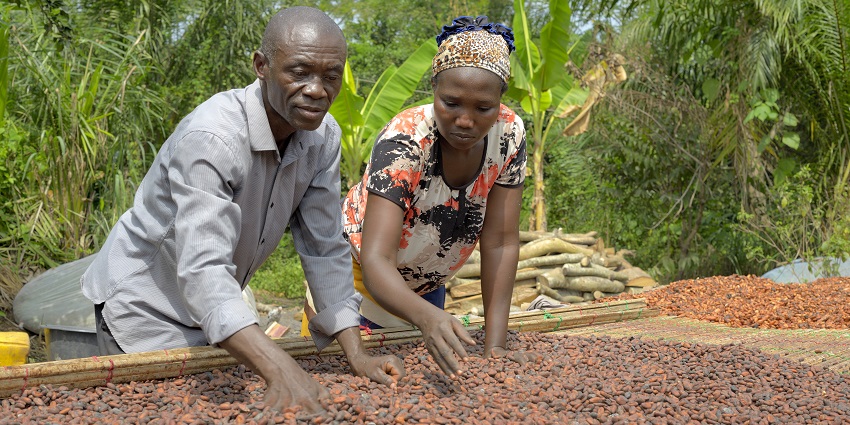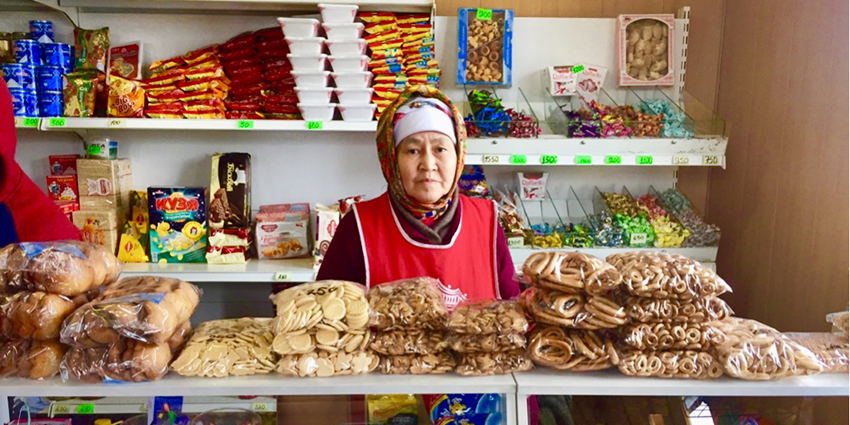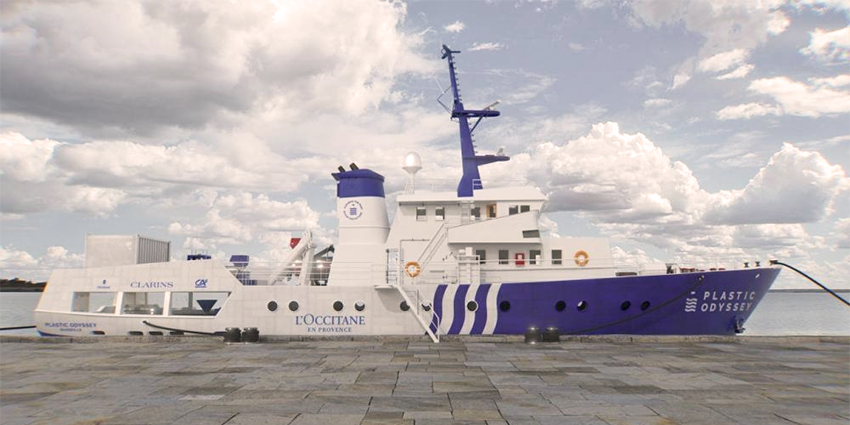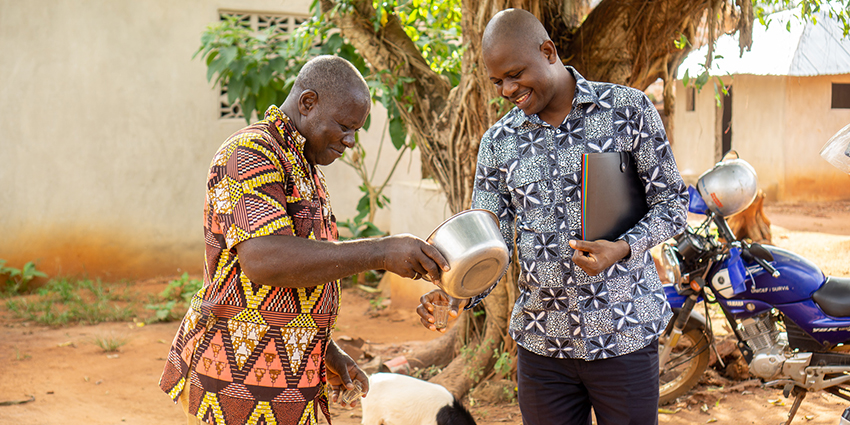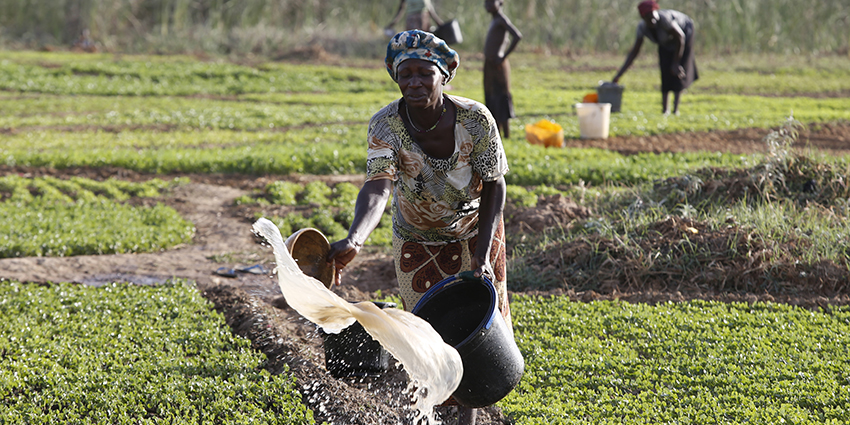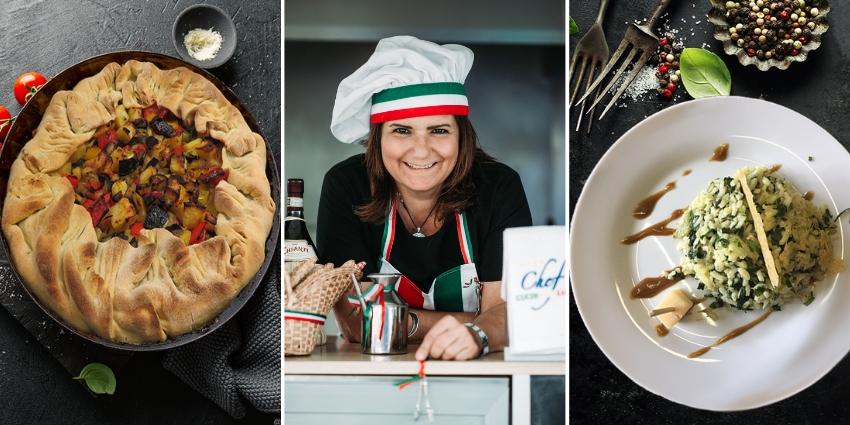
Over the past few months, the financial inclusion sector has embarked on a journey to address the Covid-19 crisis. On the ground, microfinance institutions have taken measures to address health risks, lockdowns, and the economic downturn. In the meantime, lenders, investors, support organizations, and technical assistance providers have had to adapt their intervention principles and coordinate their actions (1). By signing Commitment on key principles to ensure the protection of microfinance institutions and their clients in the Covid-19 crisis ("the Commitment"), 30 organizations have committed to certain key principles.
Six months after the signing of the Commitment, a working group composed of signatories (ADA, Cordaid Investment Management, Frankfurt School Impact Finance, Grameen Credit Agricole Foundation, Microfinance Solidaire, SIDI and the Social Performance Task Force) is drawing lessons from the implementation of the principles of the Commitment. In a joint publication, the signatories present the state of implementation of 10 principles, particularly those linked to the deferral of deadlines and the first stages of voluntary debt restructuring, in line with what could be observed during the first months of the crisis.
—————————————————
We conclude that there was excellent coordination among international donors, who agreed on the terms of the repayment extension, avoiding, in most cases, lengthy restructuring discussions. This rapid response proved essential in avoiding a liquidity crisis in the sector, as most of the funded partners maintained sufficient liquidity levels. In rare cases, when uncoordinated individual behavior threatened the equitable sharing of constraints among international donors, peer pressure was effective.
We have also witnessed unprecedented coordination in the area of technical assistance, which has already resulted in collaborations between technical assistance providers, such as the organization of a joint webinar on liquidity management, the provision of business continuity tools, and the implementation of field surveys with end clients. However, the coordination has not lived up to our initial objective, particularly due to the need to prioritize the most urgent issues. Given the significant challenges that microfinance institutions will face on the ground, we believe it is essential to continue our efforts on this front to avoid duplication and strive for greater efficiency.
Our commitment to client and staff protection continues. We have encouraged initiatives to promote the continued protection of clients and staff during this time of crisis, and we must continue these efforts to ensure they remain at the center of discussions. Many microfinance institutions will need to recover a business that is intimately linked to the financial health of clients, the behavior of field staff, and the treatment of staff. To this end, we encourage the coordinated collection of information on staff management and client outcomes throughout the crisis and beyond. We also encourage the intensification of sector-specific initiatives that contribute to effective monitoring in these exceptional circumstances (2).
New debt financing slowed considerably during the crisis but did not stop completely. While some economies are restarting, many of the partners we finance have shown promising signs of recovery since July 2020, with significant differences between countries and sectors. Recognizing the opening of this new chapter, we are committed to supporting and consolidating the economic recovery in a timely and responsible manner.
Open publication
_____________________________________________________
[2] The Social Investor Working Group of the SPTF has issued Lenders' Guidelines for Defining and Monitoring Responsible Covenants in the Covid-19 context.
